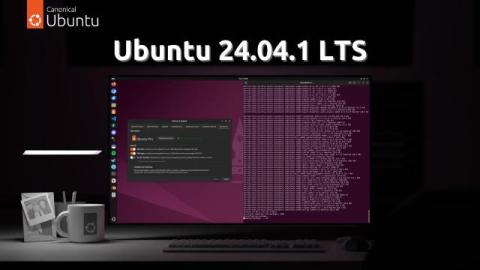Understand how the Cyber Resilience Act will impact device manufacturers
The Cyber Resilience Act (CRA) is a European Union legislation that will enter into force in 2027. Its overall goal is to make devices safer by implementing more rigorous cybersecurity, documentation, and vulnerability reporting requirements for the IT industry. The CRA is especially relevant for device manufacturers, who will need to ensure devices are secure throughout the product lifecycle.











